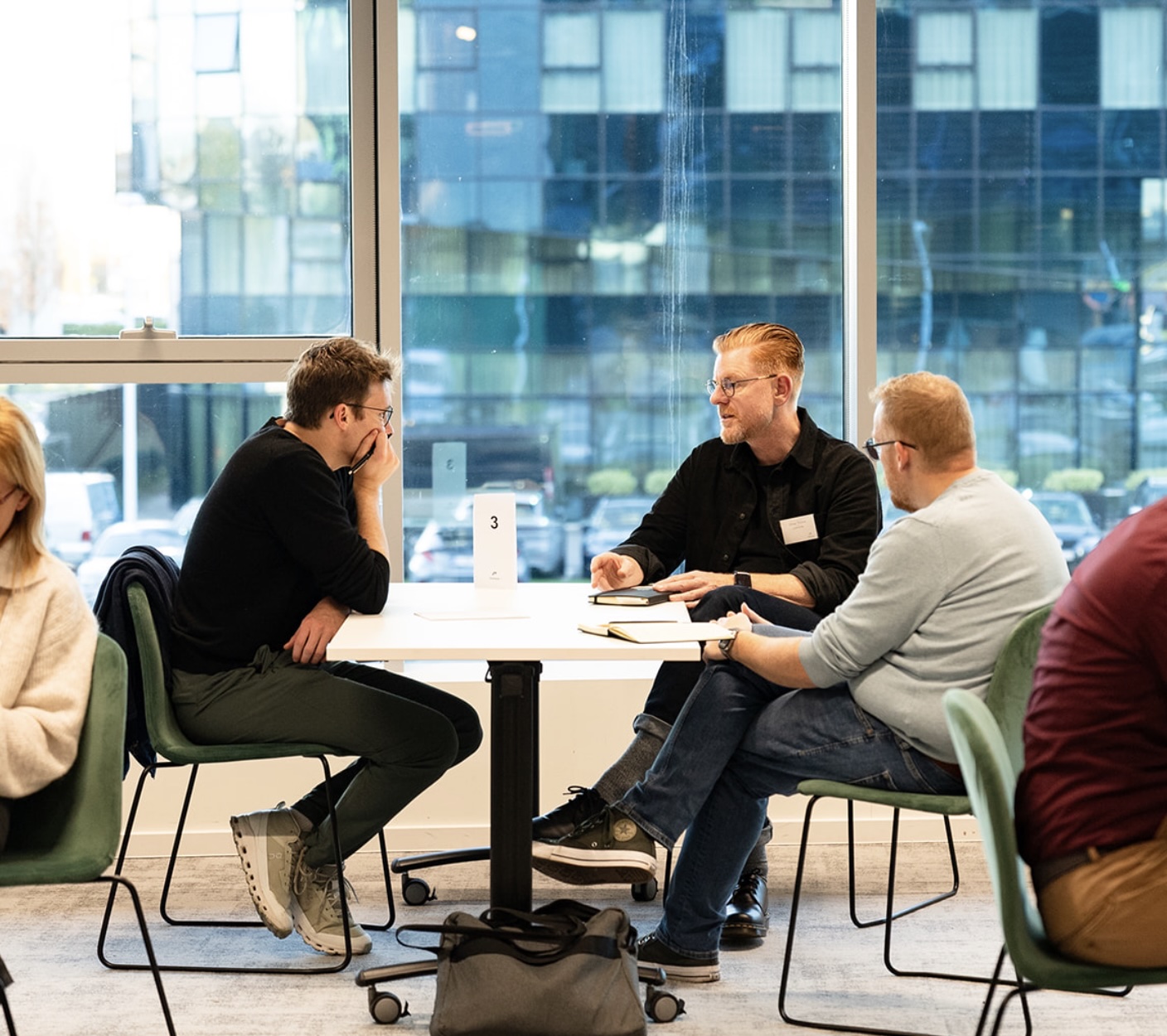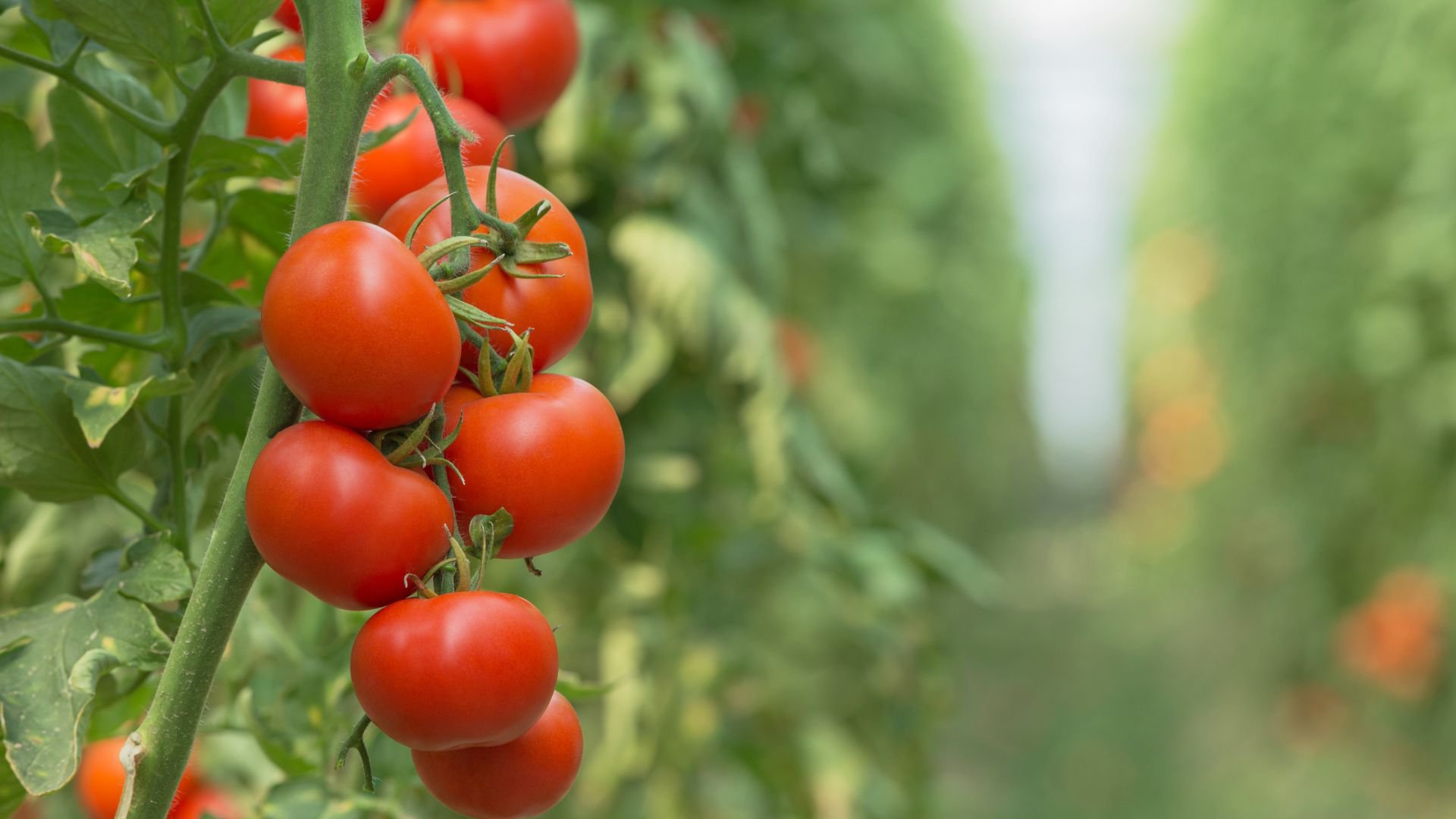- Home
- Startup news
- Landman.Bio puts beneficial viruses to work to safeguard our harvests
Landman.Bio puts beneficial viruses to work to safeguard our harvests
Landman.Bio is pioneering solutions using bacteriophages—viruses that naturally prey on bacteria—to combat crop diseases in agriculture. The company offers farmers targeted, sustainable alternatives to broad-spectrum chemicals. Leveraging decades of research and a commitment to practical innovation, Landman.Bio is positioning these beneficial viruses as agriculture’s newest allies.
The growing threat in the fields
Modern agriculture faces immense pressures. A global population approaching 10 billion by 2050 demands secure and ever-increasing food supplies, yet significant portions of harvests are lost to pests and diseases. Among these threats, bacterial crop infections are increasingly problematic, exacerbated by warmer, more humid conditions from climate change.
Crop protection innovation has long focused on weeds, fungi, and insects, leaving farmers limited options against bacterial diseases. Thus, if possible at all, this lead them to resort to broad-spectrum chemicals that can degrade soil health over time. Landman.Bio was born from the conviction that there had to be a better, more targeted way to combat bacteria. Their mission: to develop and deploy natural, sustainable solutions using bacteriophages, natural viruses that specifically prey on bacteria, and shifting agriculture away from harsh chemicals.
Harnessing viruses as allies
Mention ‘virus’ and most people think of disease. But an entire family of viruses, called bacteriophages, solely infect and destroy bacteria. “They are incredibly specific,” explains Dr. Jeroen Wagemans, R&D Director at Landman.Bio. “A phage will typically only target a specific type or strain of bacteria, leaving everything else – beneficial microbes, plant cells, insects, humans – completely untouched.”
This precision is the core of Landman.Bio’s approach. The company builds on over two decades of foundational phage research led by Prof. Rob Lavigne at KU Leuven. This expertise was honed through major research projects. A VLAIO-funded agriculture project, involving KU Leuven and ILVO, developed a phage cocktail against devastating black-rot infections in cabbages. Their expertise was then tapped for a Horizon Europe project targeting ‘crazy root’ disease, a significant problem in greenhouse tomatoes, cucumbers, and peppers.
“After working on those two projects, we had two phage cocktails that genuinely worked in practice,” says Wagemans. “We tested them in greenhouse trials and field trials, and gathered extensive data showing excellent efficacy.”
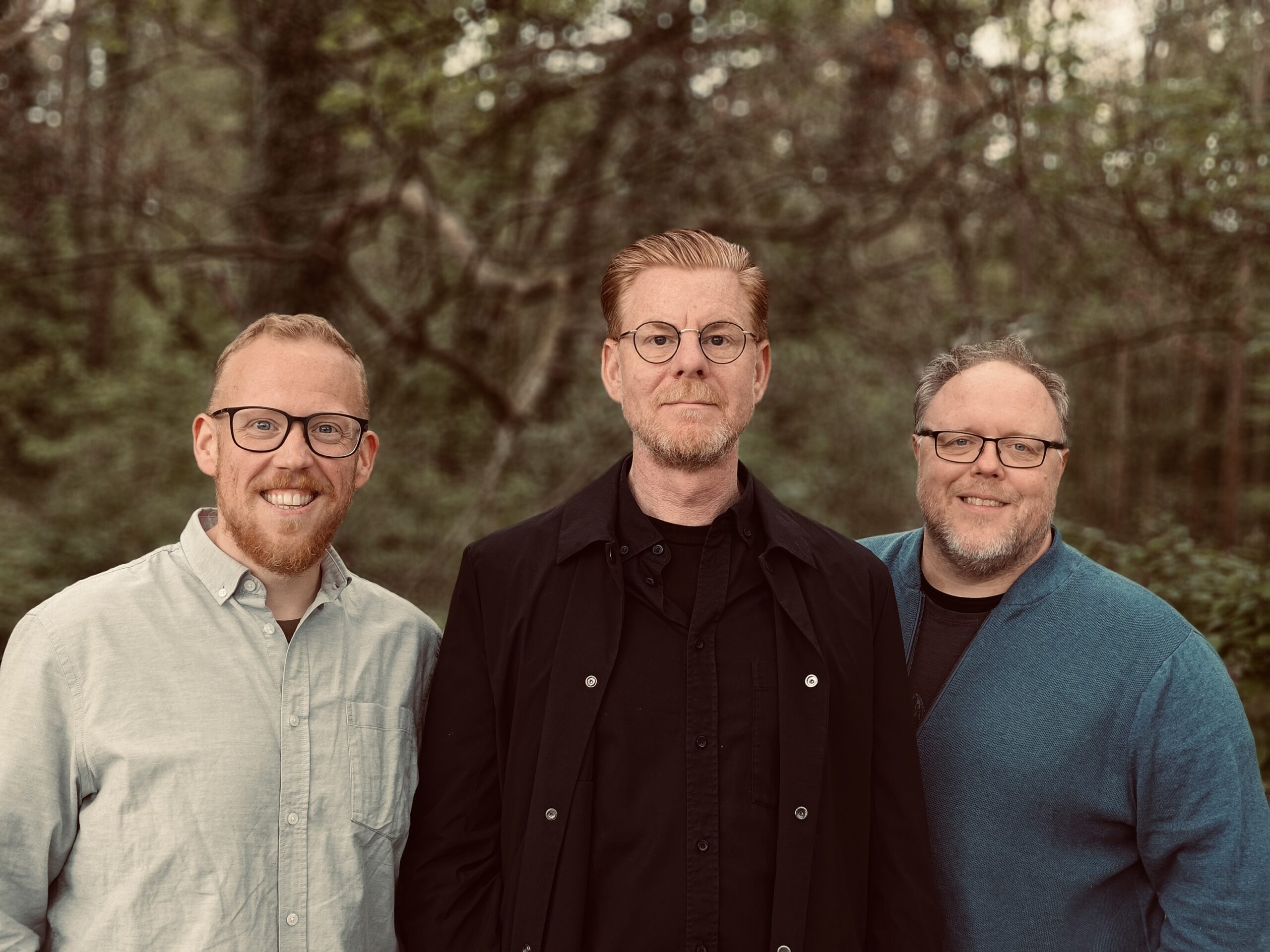
From lab bench to business
With validated products rooted in years of research, the question became: how to get these solutions into farmers’ hands? “We realized these discoveries couldn’t just sit in a lab somewhere,” Wagemans recalls. The idea of a spin-off emerged.
With guidance from the KU Leuven Tech Transfer Office and seasoned industry advisors Johan Cardoen and Marnix Peferoen, Landman.Bio was spun out from KU Leuven and ILVO. Recognizing the need for commercial leadership, Johan Cardoen connected the team with Oliver Thimm, an experienced executive formerly at BASF & Agrifirm. Thimm joined as CEO in late 2024, complementing Wagemans’ and Lavigne’s focus on R&D.
Thimm brings a combination of deep R&D roots paired with operational insight into regulatory and commercial requirements in agriculture. He immediately recognized that the team in Leuven had a promising solution.
“Having worked in R&D for biostimulants and crop protection, I’d seen the early waves of biologics underperform in the field. They were not always reliable in field trials, and their performance simply couldn’t compete with chemical crop protection. When Johan and Marnix introduced me to Landman.Bio, I saw none of these shortcomings,” says Thimm.
The fact that the team already had two years of experience in the field—and close to two decades of experience working with bacteriophages—convinced him of the potential of the startup.
The name of the company was inspired by a poster in a KU Leuven hallway featuring an old Dutch poem about “De landman” (“The farmer “) which connects directly to their mission and the people they seek to serve.
Part of a community at biotope
Shortly after Thimm’s arrival, Landman.Bio joined the biotope basecamp program. “For us, it was the perfect timing,” Wagemans reflects. “The basecamp was a great opportunity for us to get to know each other better, beyond just the science.”
Thimm: “Jeroen and I found out, through the workshops at the basecamp, that in terms of values, vision, how we interact and work, we are in fact very much alike. That was definitely reassuring.”
“The biotope team also encouraged us to lead from our personal strengths, seeing our different backgrounds as a strength,” adds Wagemans.
Of course, it also gave the founders an opportunity to fine-tune and stress test their business fundamentals. Being able to do so alongside other founders was a plus, Thimm says: “The cohort of startups at basecamp felt more like a community, not a competition. Everyone was interested in each other’s technologies, shared advice, and explored collaborative opportunities. It was clear to me that none of the participants were exclusively focused on their own agenda, they were all eager to engage with others.”
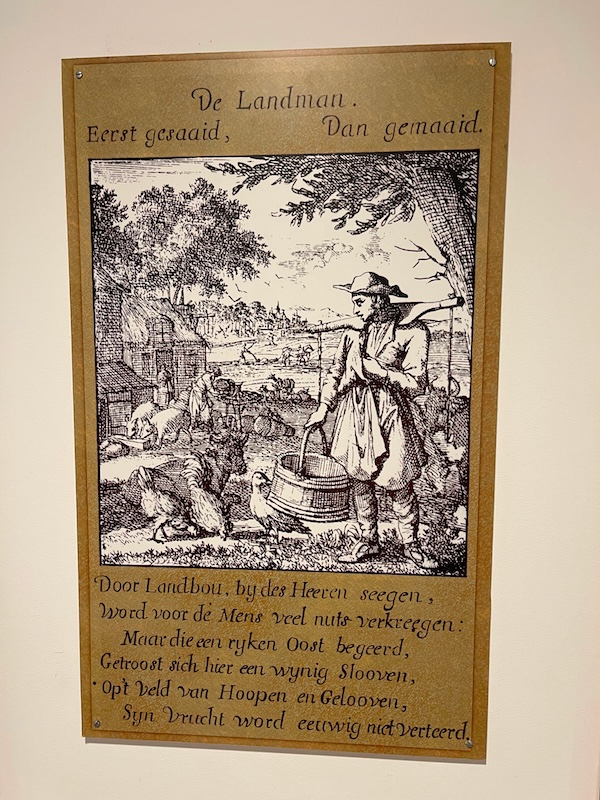
Focused solutions for high-impact plant diseases
Landman.Bio is initially focusing on bringing its two validated phage cocktails to market: one targeting black-rot in cabbage, the other tackling crazy-root disease in greenhouse tomatoes, peppers, and cucumbers. “Crazy roots is primarily a greenhouse issue, more prevalent in Europe, so we’ll target EU registration first for that product,” explains Wagemans. “Black-rot in cabbage is also a problem in India and the US, where the regulatory process there can be faster, so we may pursue US and an Indian registration concurrently for that product”.
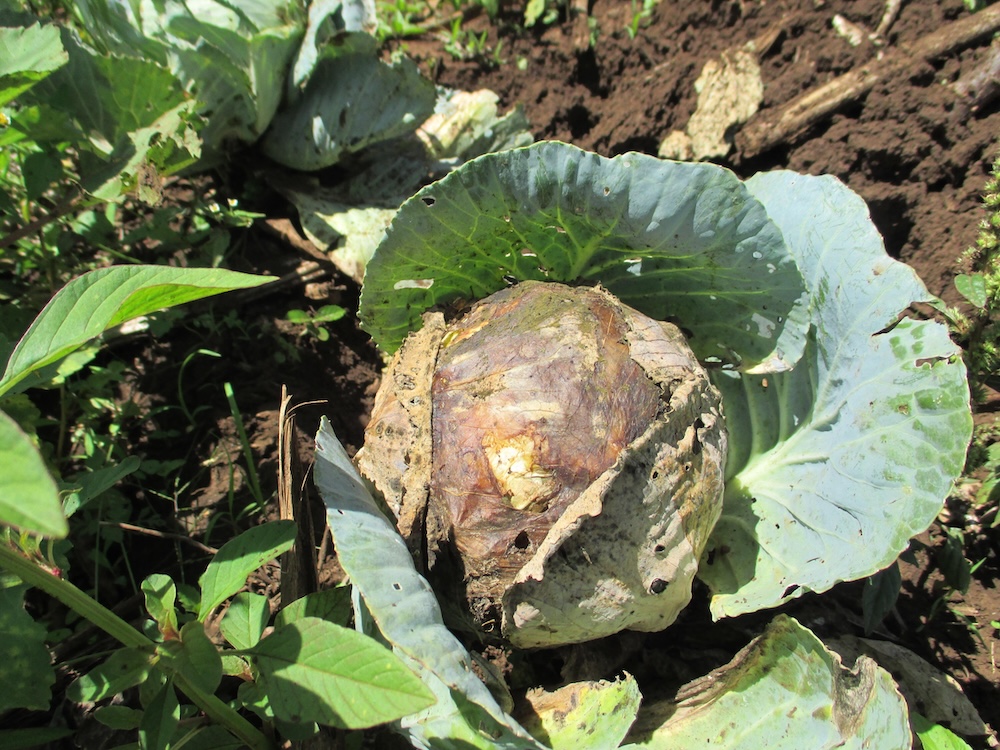
The timing appears right. While phage-based products have existed in the US for a while, currently, no phage bactericides are registered for agricultural use in the EU, yet. Large agrochemical companies tend to focus on the larger herbicide, fungicide and insecticide markets. But as climate change intensifies bacterial pressures, bactericides are globally spreading and becoming increasingly critical.
Thimm: “The food chain, the consumer, and society at large are all asking for more sustainable products. At the same time, new approaches and products need to deliver a level of consistency if they are to be adopted at large scale. Our solution is very safe, very easy to use, and importantly, it does the job.”
The road ahead: scaling impact with biotope’s support
The immediate priority is securing additional funding within the year. “This funding is essential to conduct remaining regulatory studies and expand the core team,” says Thimm. Navigating the complex and costly EU regulatory landscape is a major hurdle. Support from the biotope ecosystem is proving invaluable here. “With biotope’s help, we are currently doing a detailed data gap analysis with a regulatory consultant,” Thimm explains. “This tells us exactly what experiments and data we still need for the dossier”. Biotope’s investment not only extends Landman.bio’s operational runway, but the biotope network also provides vital connections to potential partners, funders, and expert consultants.
Beside the sustainability aspects, unlike many other biological crop protection technologies that can face bottlenecks with large-scale bioreactor capacity, phage production has different dynamics. “Because phages are self-replicating on their target bacteria, you don’t need big starting volumes, nor expensive production facilities,” Thimm notes. “Scaling is therefore less of an issue.” This inherent efficiency is expected to facilitate meeting market demand more readily post-approval and contribute to a leaner operational footprint compared to traditional biologicals.
Safe solutions, ready farmers
Central to Landman.Bio’s mission is the message of safety and efficacy. “It needs to be clear that phages are safe, sustainable solutions,” Wagemans emphasizes. “They have been used safely in various applications for over 100 years.”
Thimm: “In contrast to most other approaches, in the Mode of Action there is no toxic process involved. Viruses destroy their target bacteria by infection, not through the production of a harmful compound that could have off-target effects. That’s really the beauty of the technology to me.”
Crucially, this message resonates with farmers. “We conducted initial interviews with farmers and when we explained how bacteriophages work, the perception was quite positive. Farmers understand the difference,” says Wagemans. “They are open to new solutions because there are few effective alternatives for these bacterial diseases,” he adds. This positive reception, particularly the openness observed among Belgian farmers to adopt new, effective technologies, provides strong motivation.
This farmer acceptance, coupled with the inherent safety and targeted power of phage technology, fuels the Landman.Bio team. With a foundation of rigorous science, a pragmatic approach to production and regulation, and the backing of partners like biotope, Landman.Bio is paving the way for bacteriophages to become essential, trusted tools in the future of sustainable agriculture.
